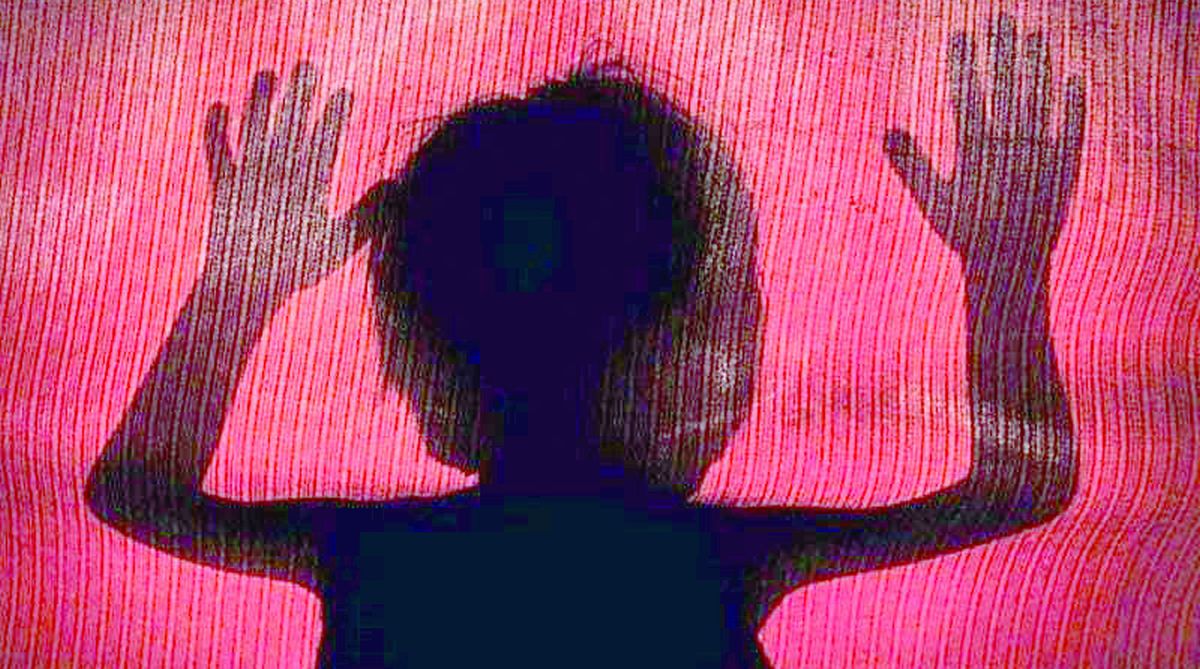JU ragging death: 12 accused to be booked under POCSO Act
The first-year student of Bengali honours had died after falling from the balcony of a students’ hostel on 10 August. It is suspected that he became a victim of ragging.

(Representational Image)
The Haryana State Child Protection Society has cautioned media organisations against disclosing the identity of rape victim or sexually-abused child.
A spokesperson of the Women and Child Development Department said the identity of rape victim or sexually-abused child can not be disclosed under Section 74 of Chapter IX of Juvenile Justice (Care and Protection of Children) Act, 2015, and Protection of Children from Sexual Offences’ (POCSO) Act,
2012.
The spokesperson said the privacy, dignity, physical and emotional development of children is of utmost importance, and it has to be preserved and protected at all times, while reporting, broadcasting, publication of news, programs and documentaries on and for children.
Advertisement
The role of media has been clearly articulated in key legislation like POCSO Act, 2012, and the Juvenile Justice Act, 2015. But notion of sensitivity and sensitivity towards child protection is beyond the purview of letters and more about spirit, the spokesperson added.
The spokesman said the Acts aim to protect best interests of the child at every stage of the judicial process. Under Section 74 of Chapter IX of Juvenile Justice Act, 2015, no report in any newspaper, magazine, news-sheet or audio-visual media or other forms of communication regarding any inquiry or investigation or judicial procedure, would disclose the name, address or school or any other particular.
It includes any information which might lead to identification of a child in conflict with law, or, a child in need of care and protection, or, a child victim or witness of a crime, involved in such matter, under any other law in force, nor should the picture of any such child be published.
Any person contravening provisions of disclosure of identity of children would be punishable with imprisonment for a term which might extended to six months or fine which might extended to Rs Two lakh or both.
The POCSO Act, 2012 aims to protect the best interest of the child at every stage of the judicial process. Moreover, the humiliation might also ‘refrain’ the victim or witness from sharing the incident with others.
The release of information about a child victim or witness might put a strain on the relationships of the child with family, peers and community, especially in cases of sexual abuse, the spokesperson added.
Advertisement